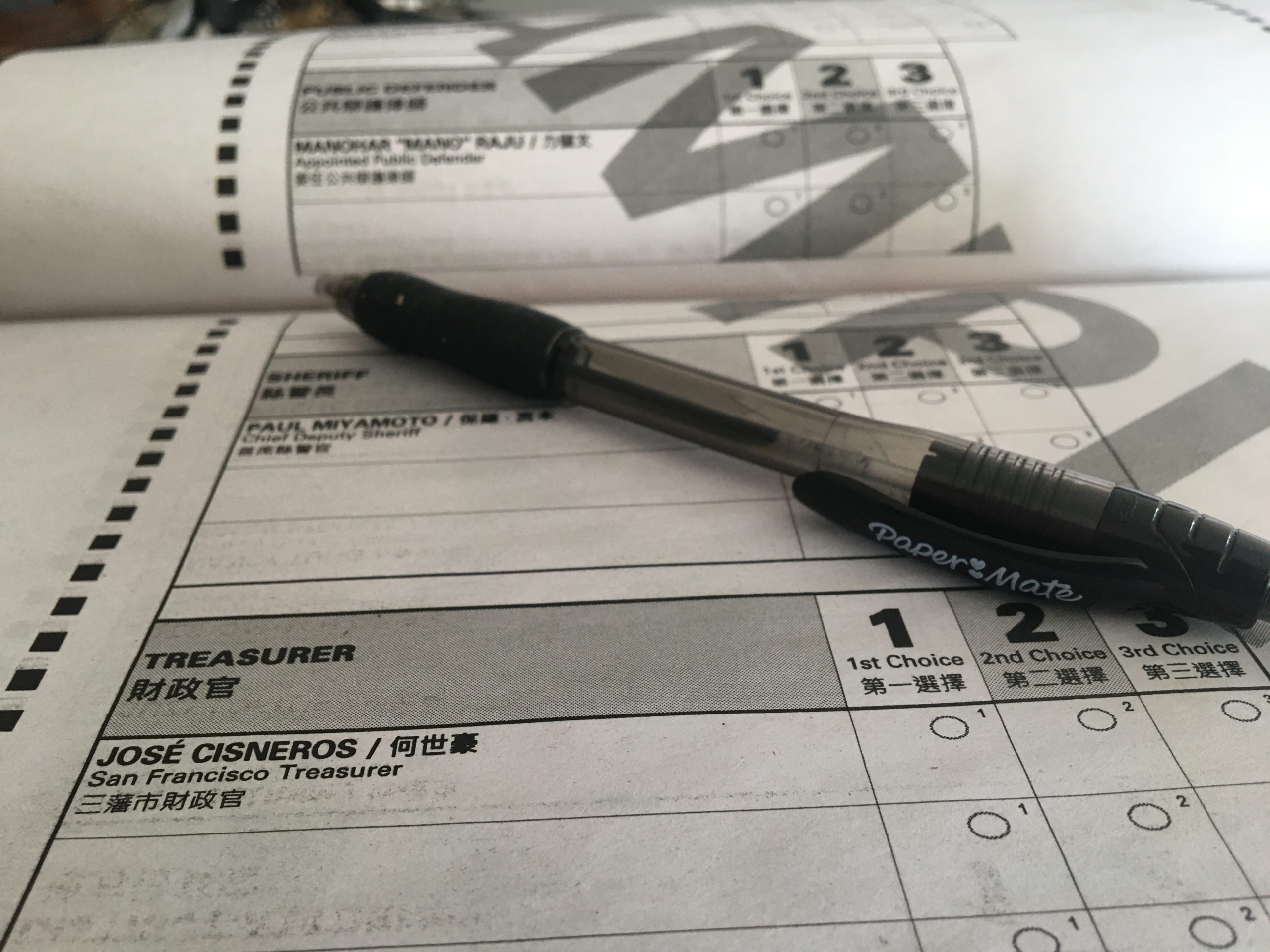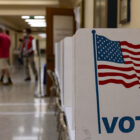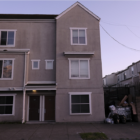This year, San Francisco voters will encounter new ballots. Though the city has long used a ranked-choice voting system, prior ballots couldn’t accommodate more than three choices. Now, voters can rank up to 10. Jason McDaniel, associate professor of political science at San Francisco State University, has studied ranked-choice voting and its effect on participation — and his research has indicated that voters make more errors which could disqualify their ballot in a ranked-choice system, and that it reduces participation. On the other hand, McDaniel says, ranked-choice voting seems to encourage candidates to run collaborative campaigns.
“Research shows that’s actually genuinely harder for people to do. That it’s harder to say I like this person the most, this person second most, this person the third most. And I do think that has a negative impact on our participation.” — Jason McDaniel, associate professor of political science at San Francisco State University
A segment from our radio show, “Civic.” Listen daily at 8 a.m. and 6 p.m. on 102.5 FM, available in San Francisco.










